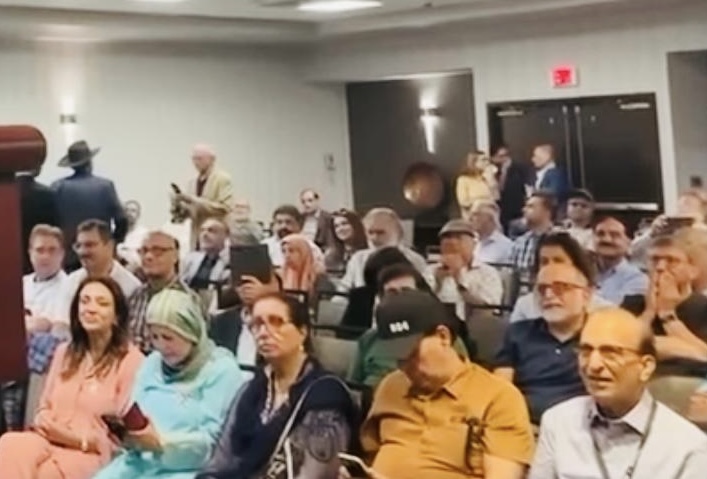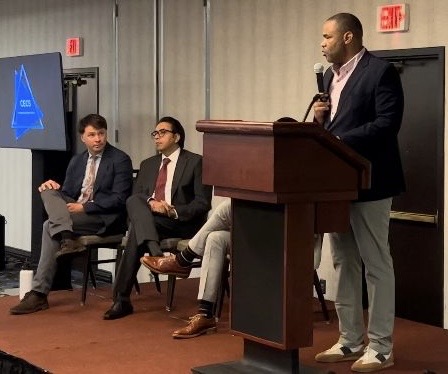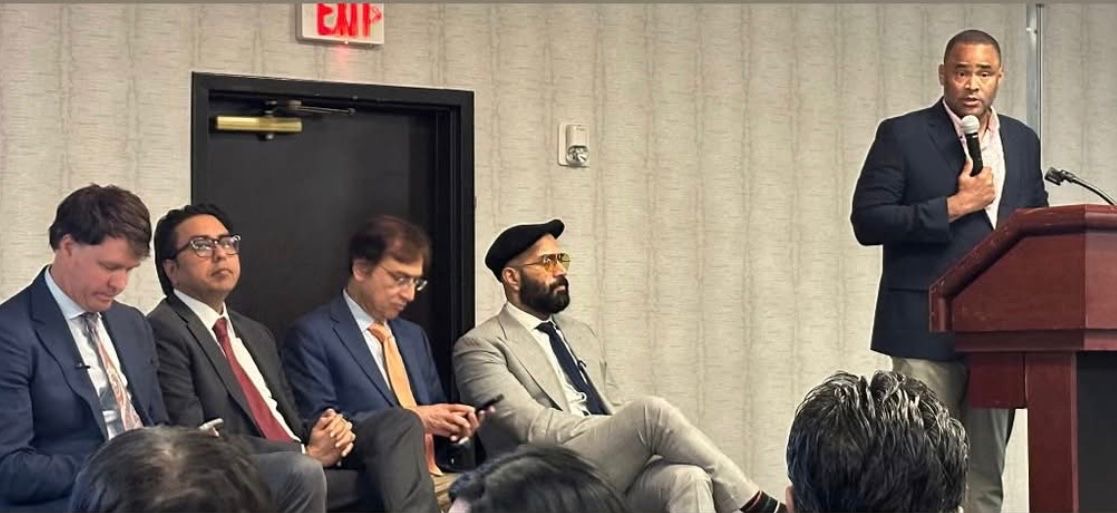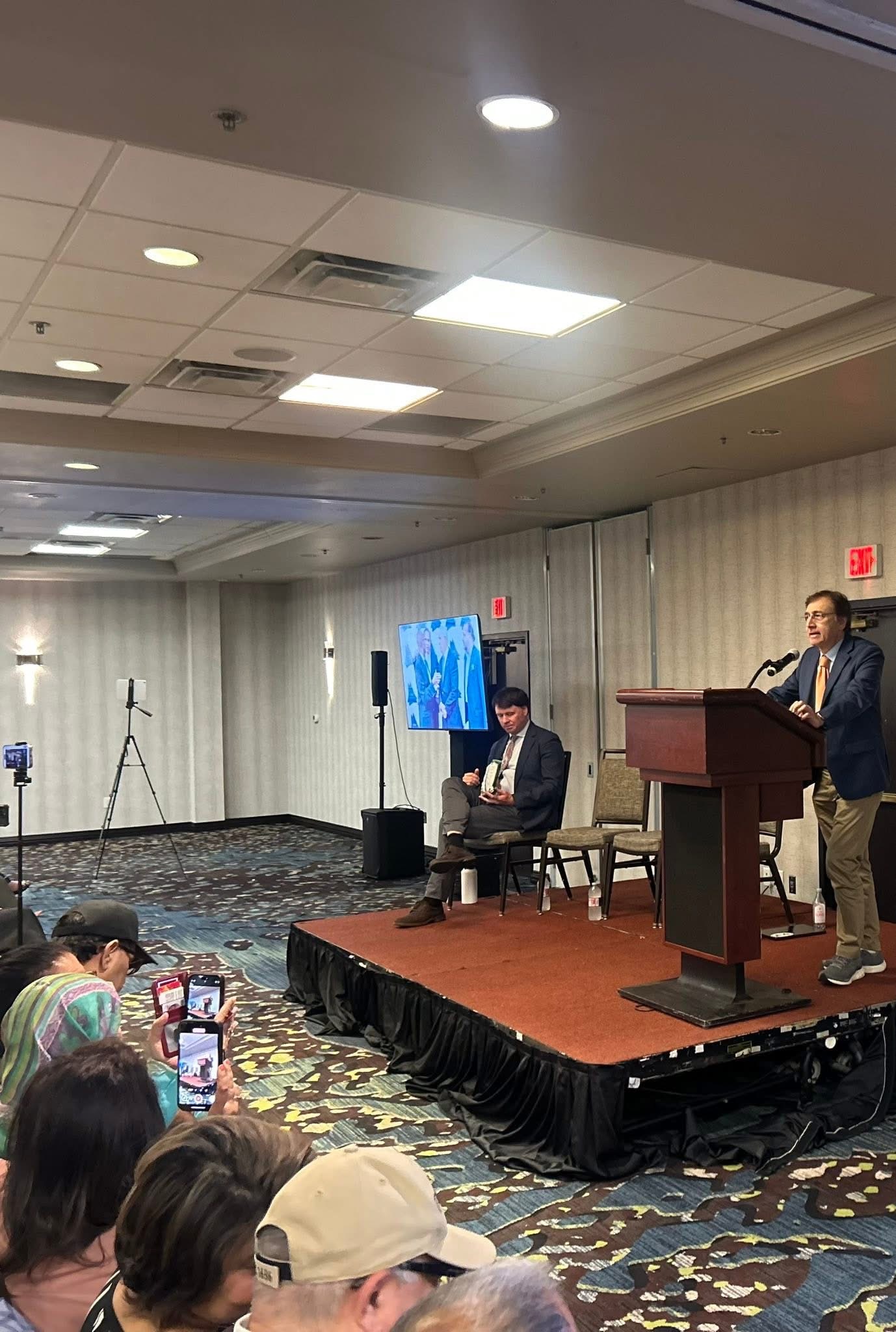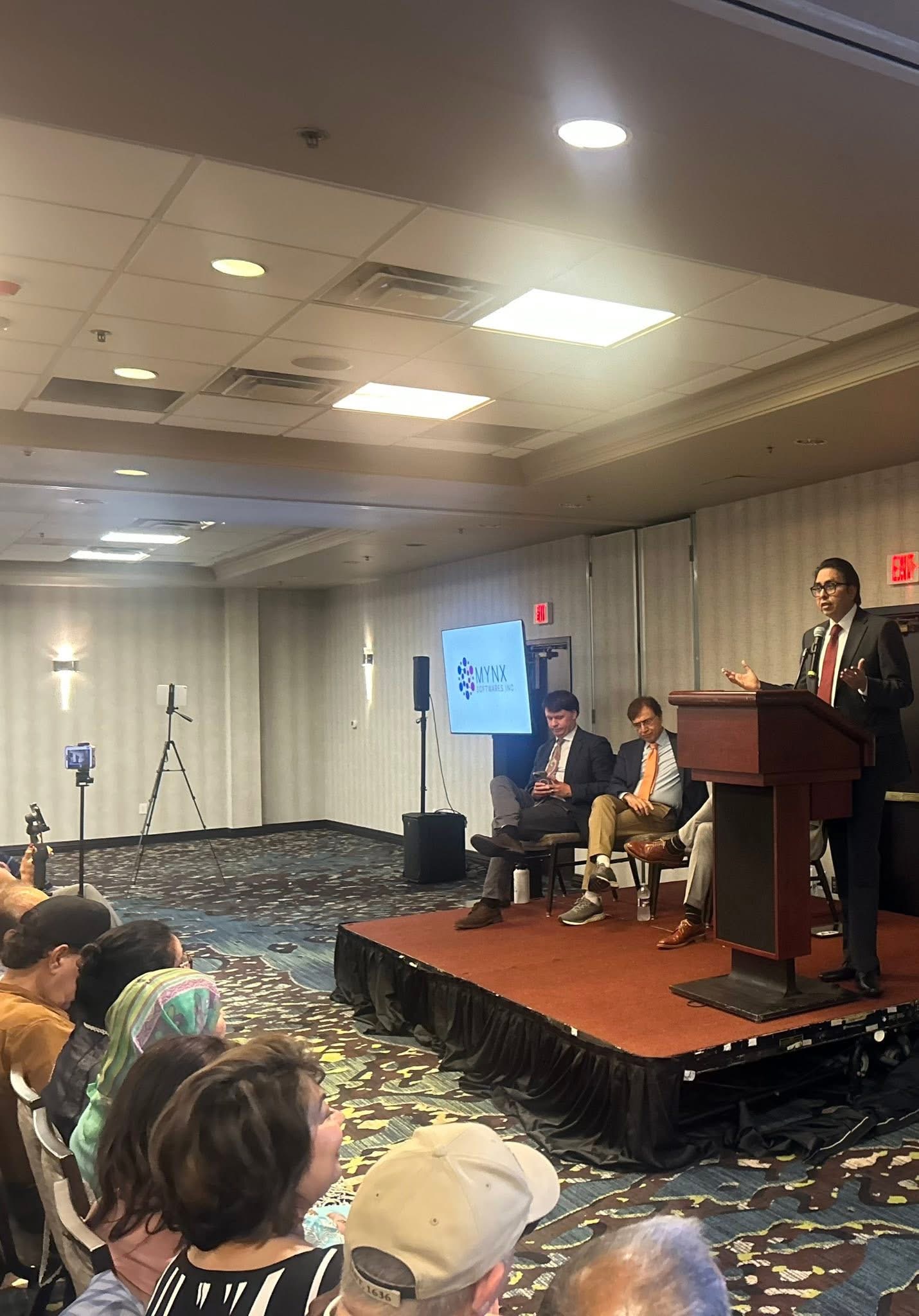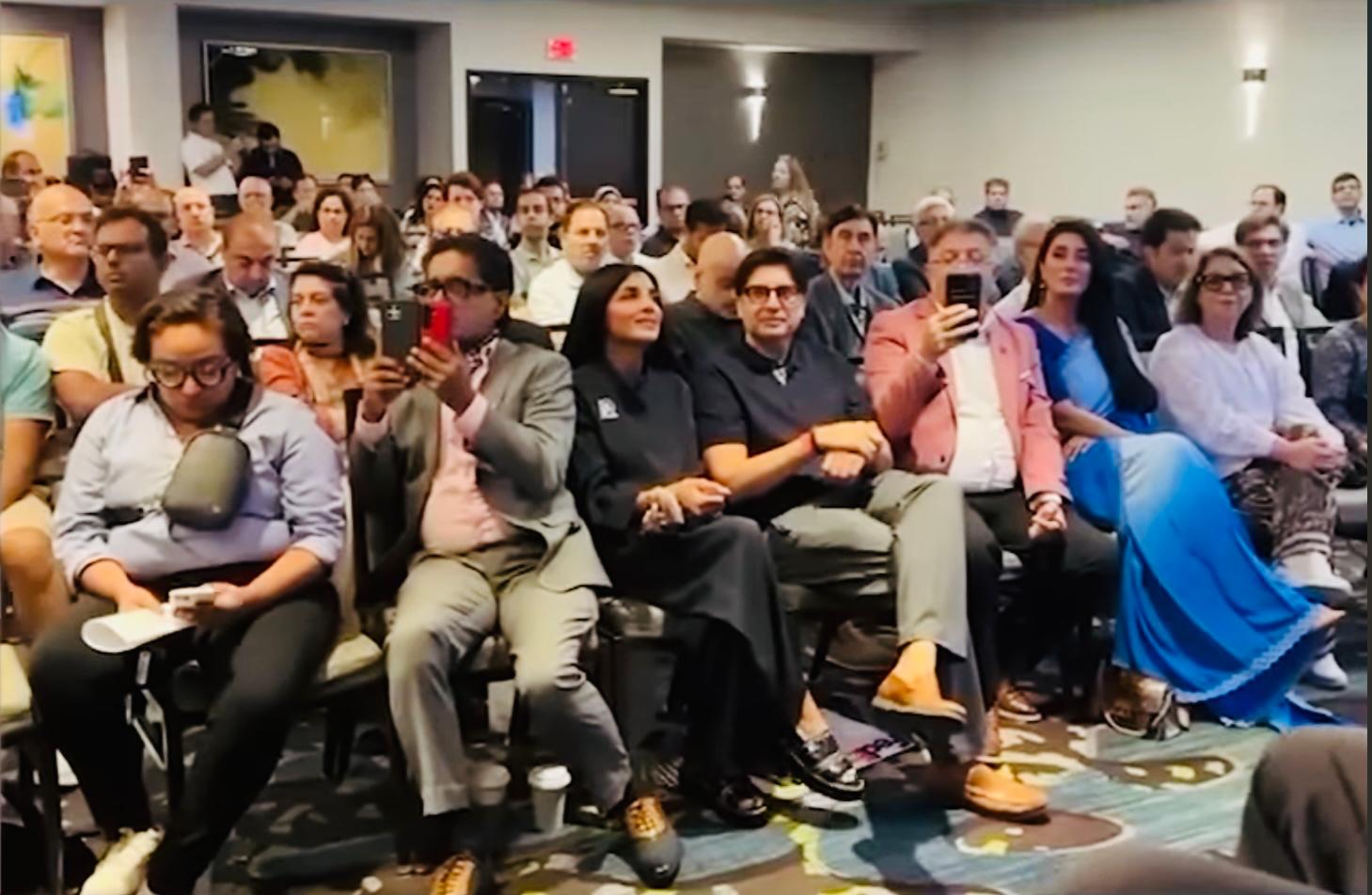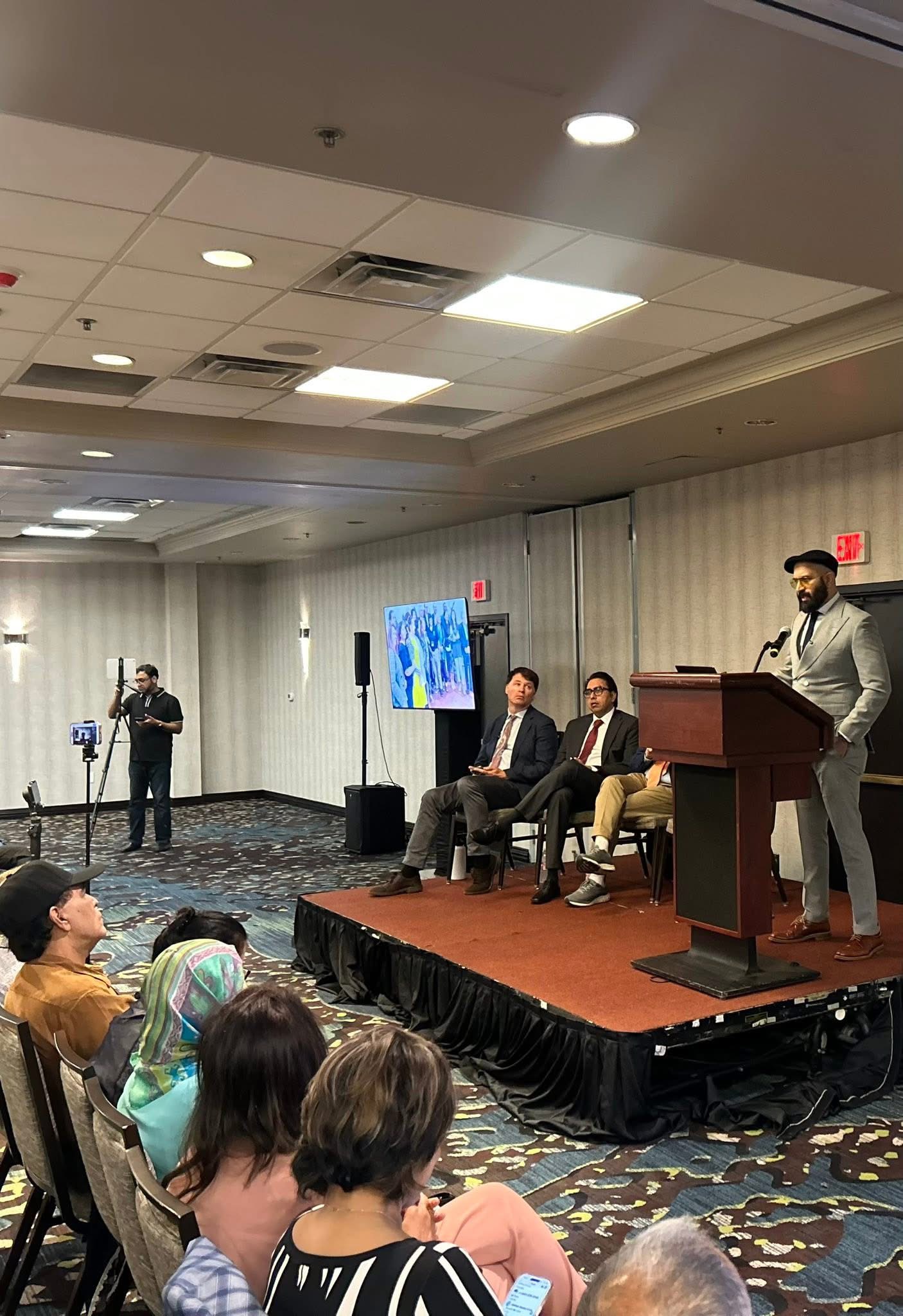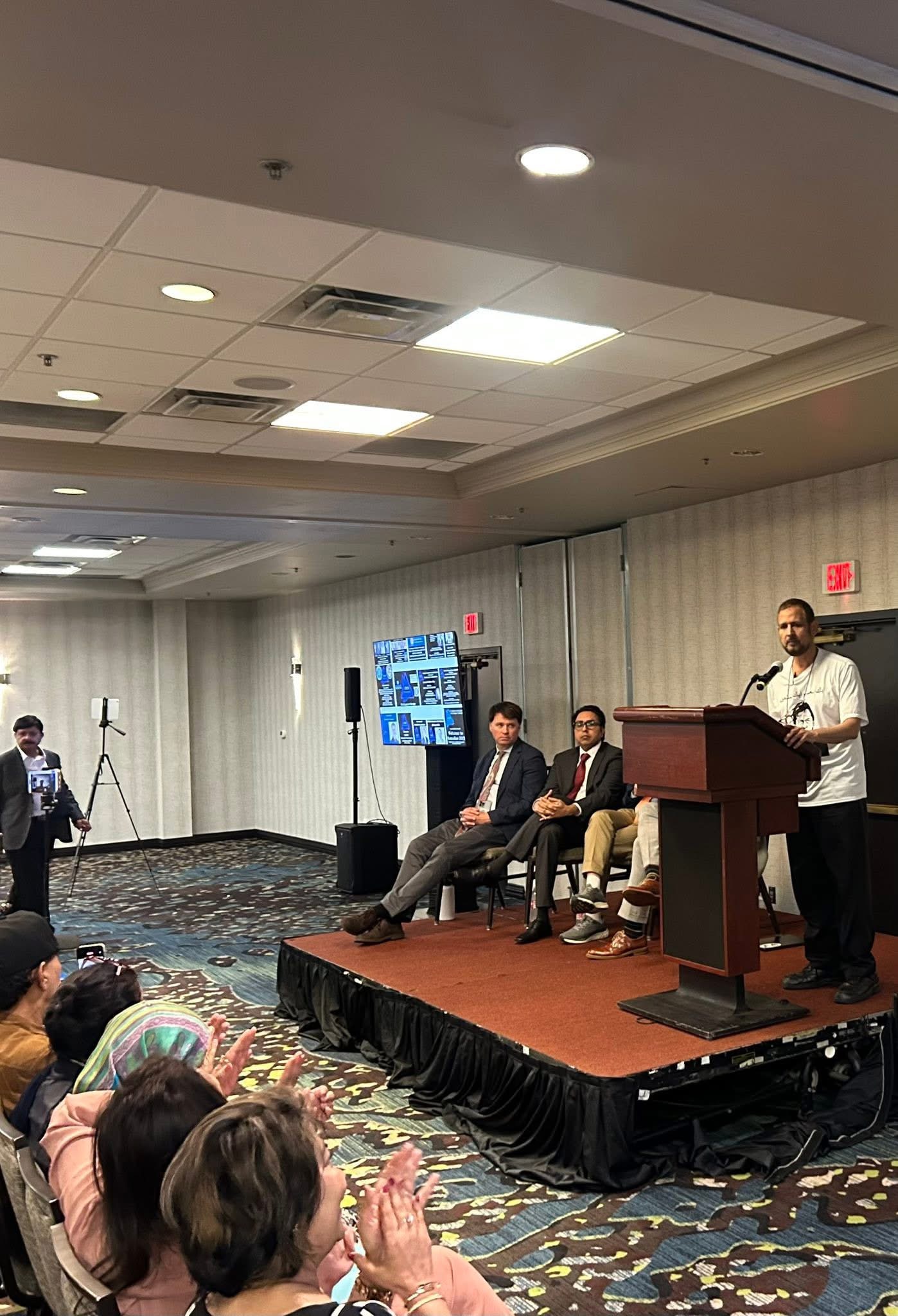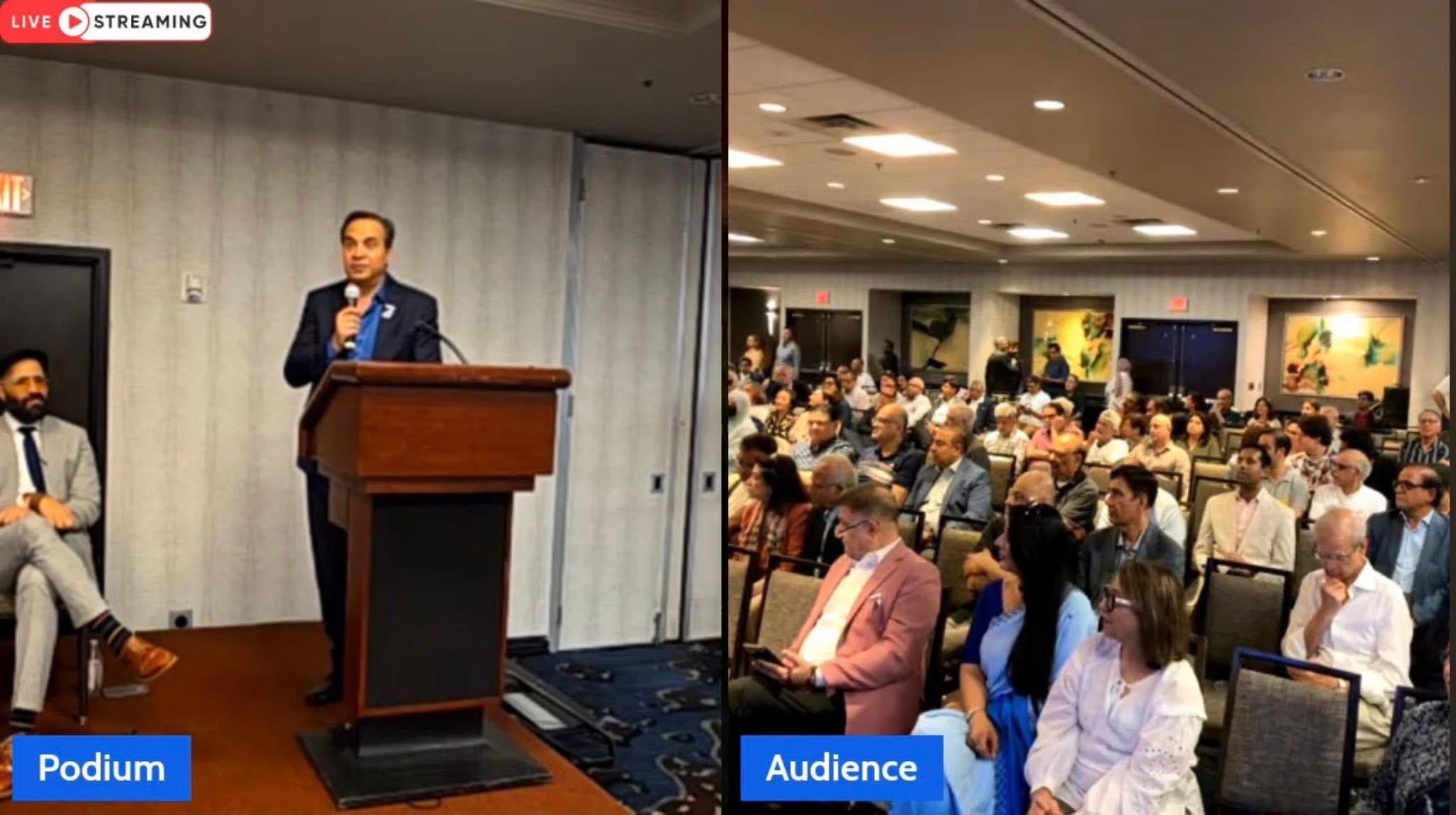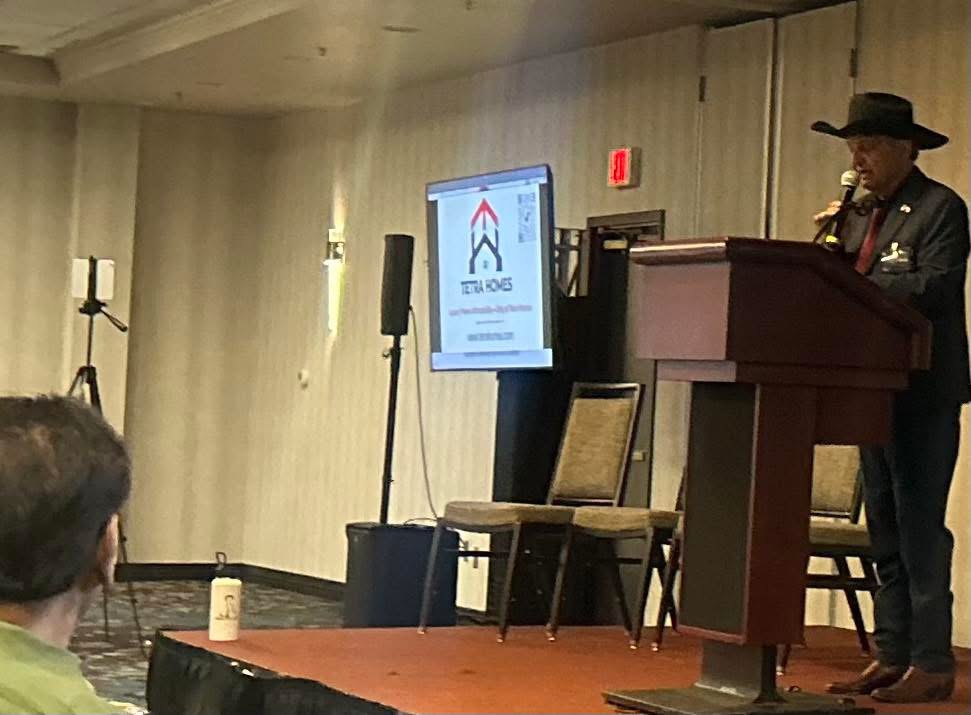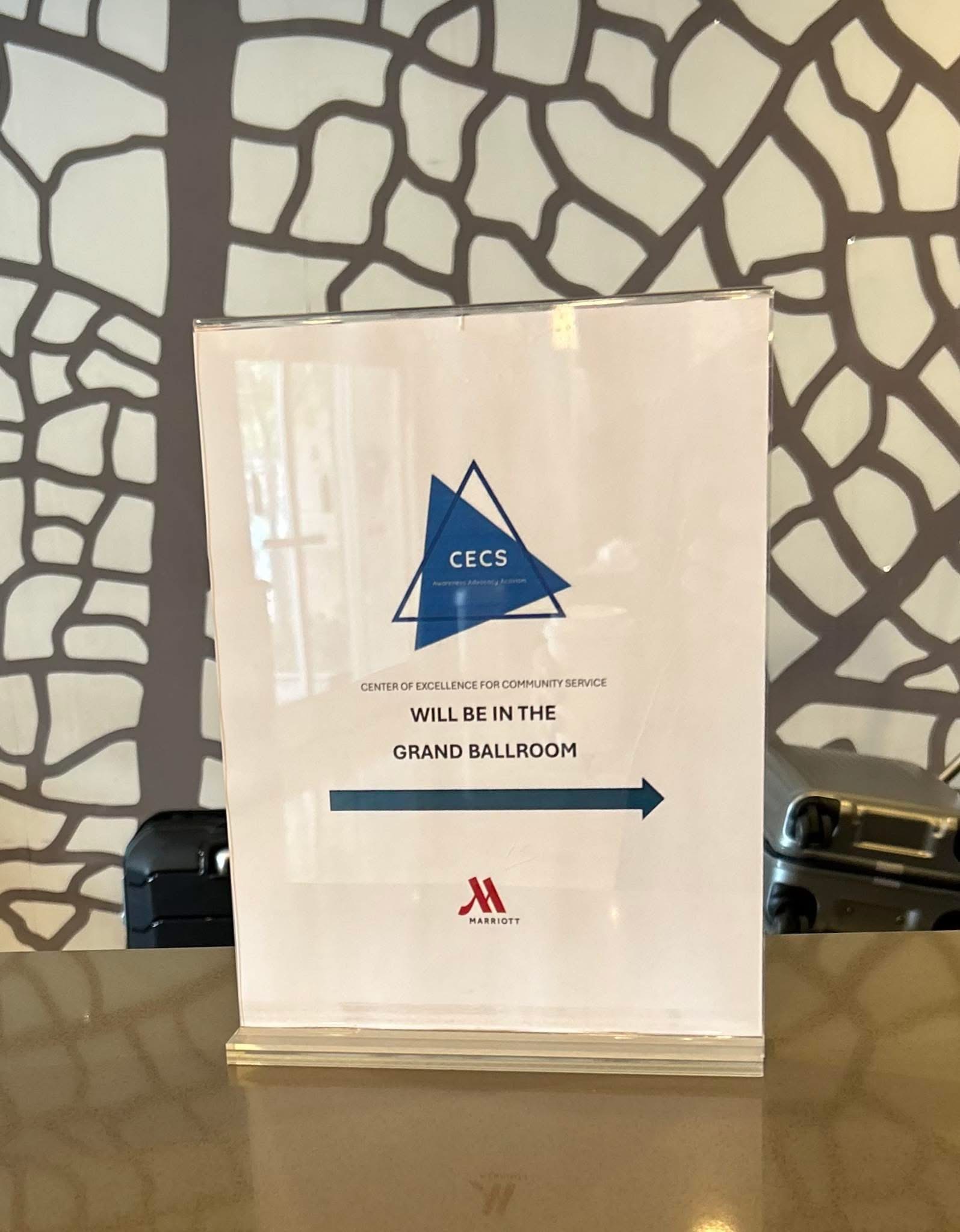Future of Democracy in Pakistan? A Thought-Provoking Event in the U.S. Attended by Physicians from Across the Country
By: Raja Zahid Akhtar Khanzada
Dallas, Texas:U.S. Congressman Marc Veasey has stated that a democratic Pakistan is in the interest of not only the United States but the entire world. He emphasized that transparent elections and respect for public opinion are essential for a stable and prosperous future. He made these remarks while speaking at an important intellectual forum titled “The Future of Democracy in Pakistan,” jointly organized by the Center of Excellence for Community Services (CECS) and Doctors for Democracy in Dallas, Texas.
Congressman Veasey further shared that he is a co-sponsor of the Pakistan Democracy Act introduced in the U.S. Congress, which proposes sanctions against individuals involved in unlawful prosecutions or imprisonment of key political figures, including former Prime Minister Imran Khan. He urged the Pakistani government to refrain from suppressing peaceful protests, interfering with the judiciary, or engaging in political vendettas. He stressed that a principled and impartial U.S. foreign policy must continue to support human rights and democratic values in Pakistan.
The program was skillfully moderated by renowned radio anchor Parvez Malik.
American investigative journalist Ryan Grim stated that media restrictions in Pakistan remain one of the greatest obstacles to democracy. He argued that free press is not just an issue for journalists, but a national cause for every citizen, as it forms the foundation of accountability and transparency.
Renowned Pakistani journalist Wajahat S. Khan emphasized that the unity of overseas Pakistanis has become crucial and that silence on such sensitive topics is no longer acceptable. He praised CECS’s platform, calling it a model of intellectual leadership that keeps the diaspora meaningfully connected to Pakistan’s democratic challenges.
Dr. Shahbaz Gill, senior PTI leader and former Chief of Staff to Prime Minister Imran Khan, said that Pakistan’s development is only possible when the sanctity of the vote is restored and democracy is truly returned to the hands of the people. “Only when the people’s mandate is respected can Pakistan move forward,” he asserted.
Senior anchor and political analyst Dr. Moeed Pirzada criticized the Association of Physicians of Pakistani Descent of North America (APPNA), stating that ceremonial gatherings alone are insufficient when democracy is under threat. “Organizations like APPNA should have hosted such discussions themselves,” he said, applauding CECS and Doctors for Democracy for their bold and timely initiative.
Dr. Nisar Shahid stressed the need for grassroots-level political awareness, stating that while social media has its role in advocacy, real change comes from direct engagement and connection with the public.
The event began with a recitation from the Holy Qur’an by Dr. Tahir Khan, followed by welcome remarks from Dr. Jalil Khan, who then invited the panel of experts to begin the discussion.
CECS President Nadeem Zaman, in his address, said that when freedom of the press is curtailed, the judiciary is pressured, and public opinion is disregarded, it becomes the duty of overseas Pakistanis to raise their voice. “From here in America, we are presenting Pakistan’s democratic case in our own way,” he said.
Zaman also extended special thanks to Jago Times for their unbiased coverage of CECS’s initiatives and acknowledged Chief Editor Raja Zahid Akhtar Khanzada, offering him high praise for his fearless and principled journalism.
The event was held in conjunction with APPNA’s 48th Annual Convention and was attended by nearly 400 individuals from across the United States and Canada. Attendees included physicians, journalists, academics, human rights activists, and other professionals from various fields.
At the conclusion of the event, Dr. Jalil Khan and Nadeem Zaman extended heartfelt thanks to all speakers, participants, and supporting organizations. Attendees lauded Nadeem Zaman for being one of the few steadfast leaders who continue to stand firm on their principles despite changing political pressures and shifting tides.
